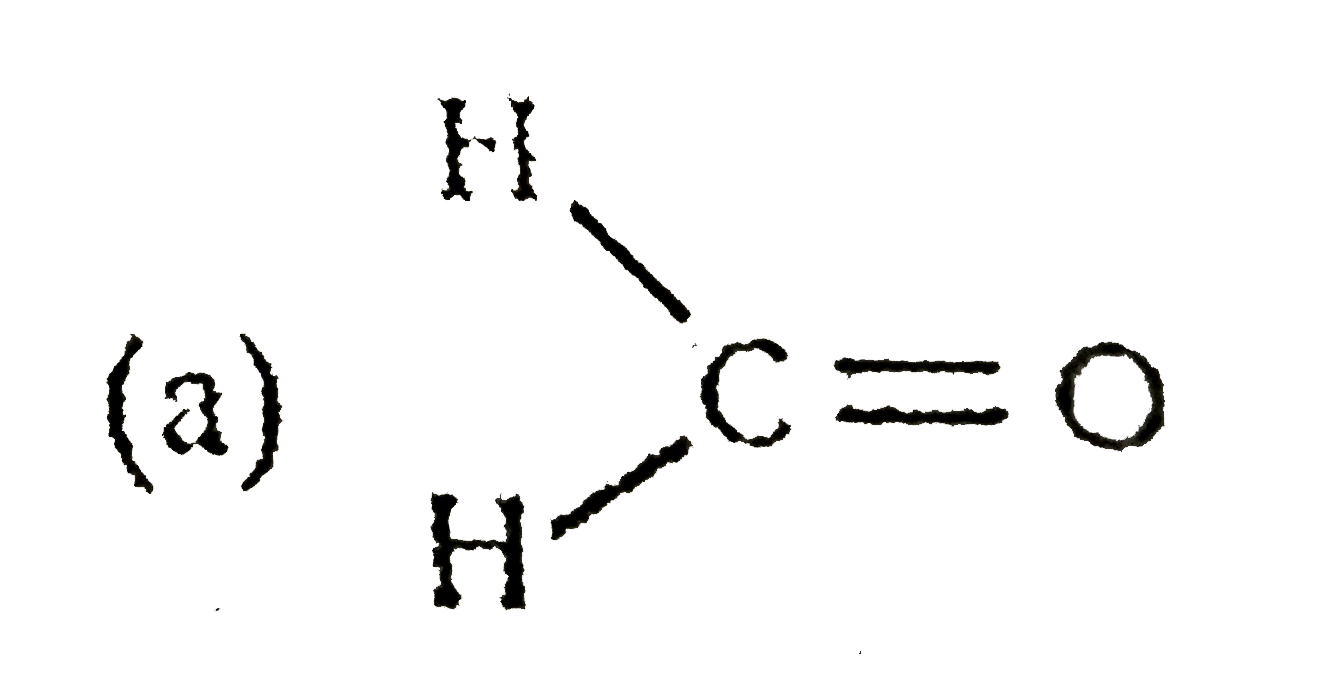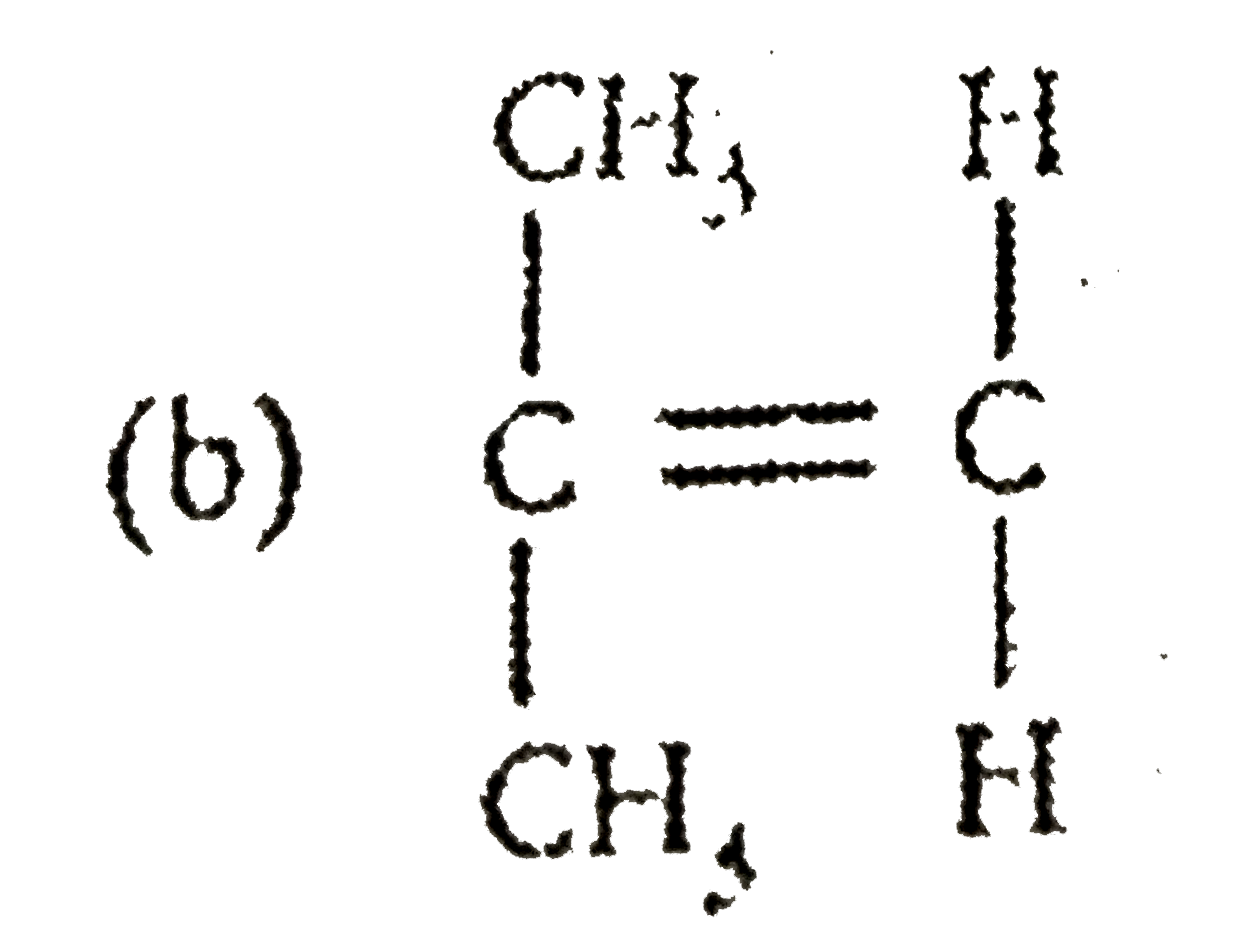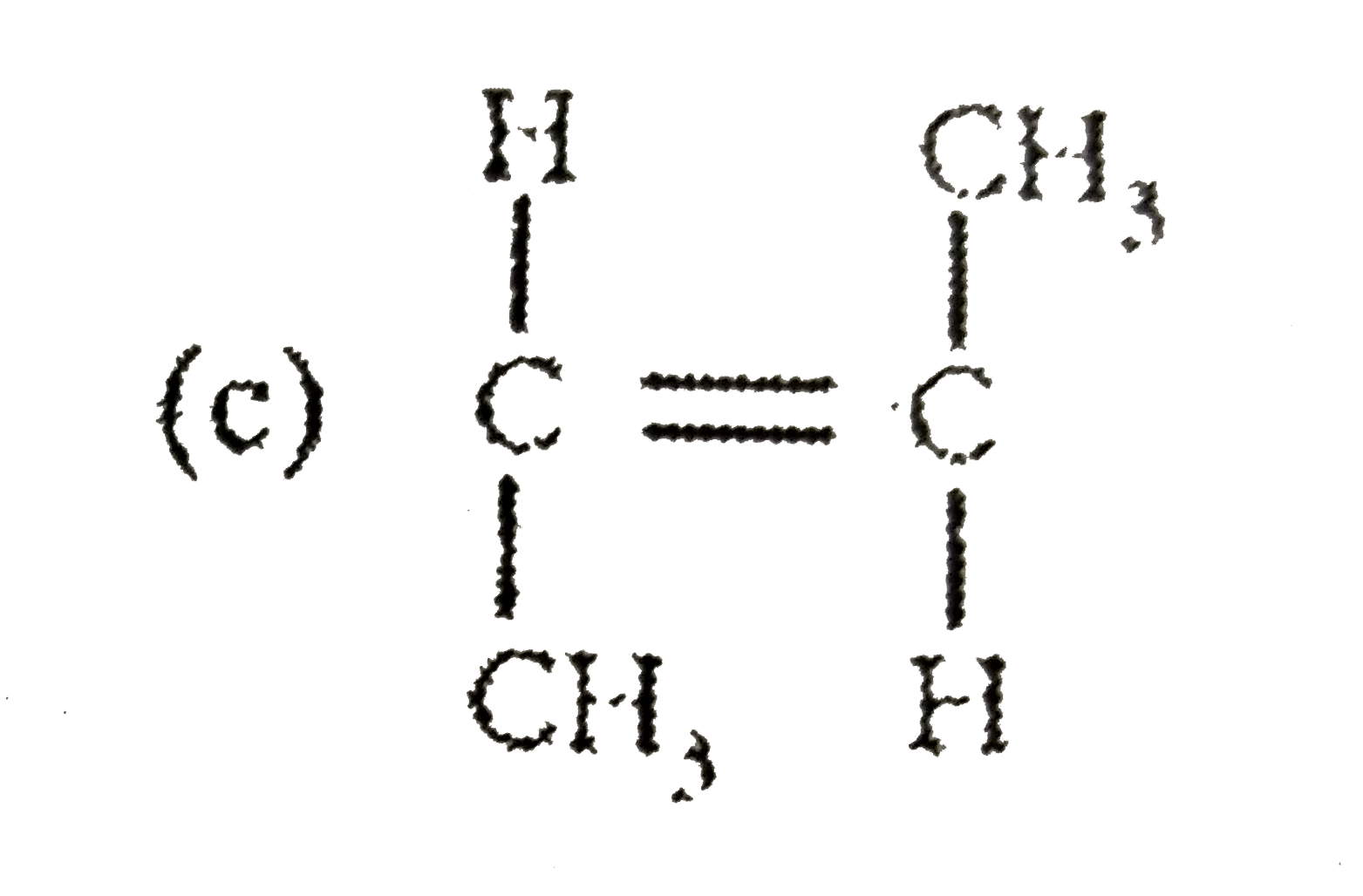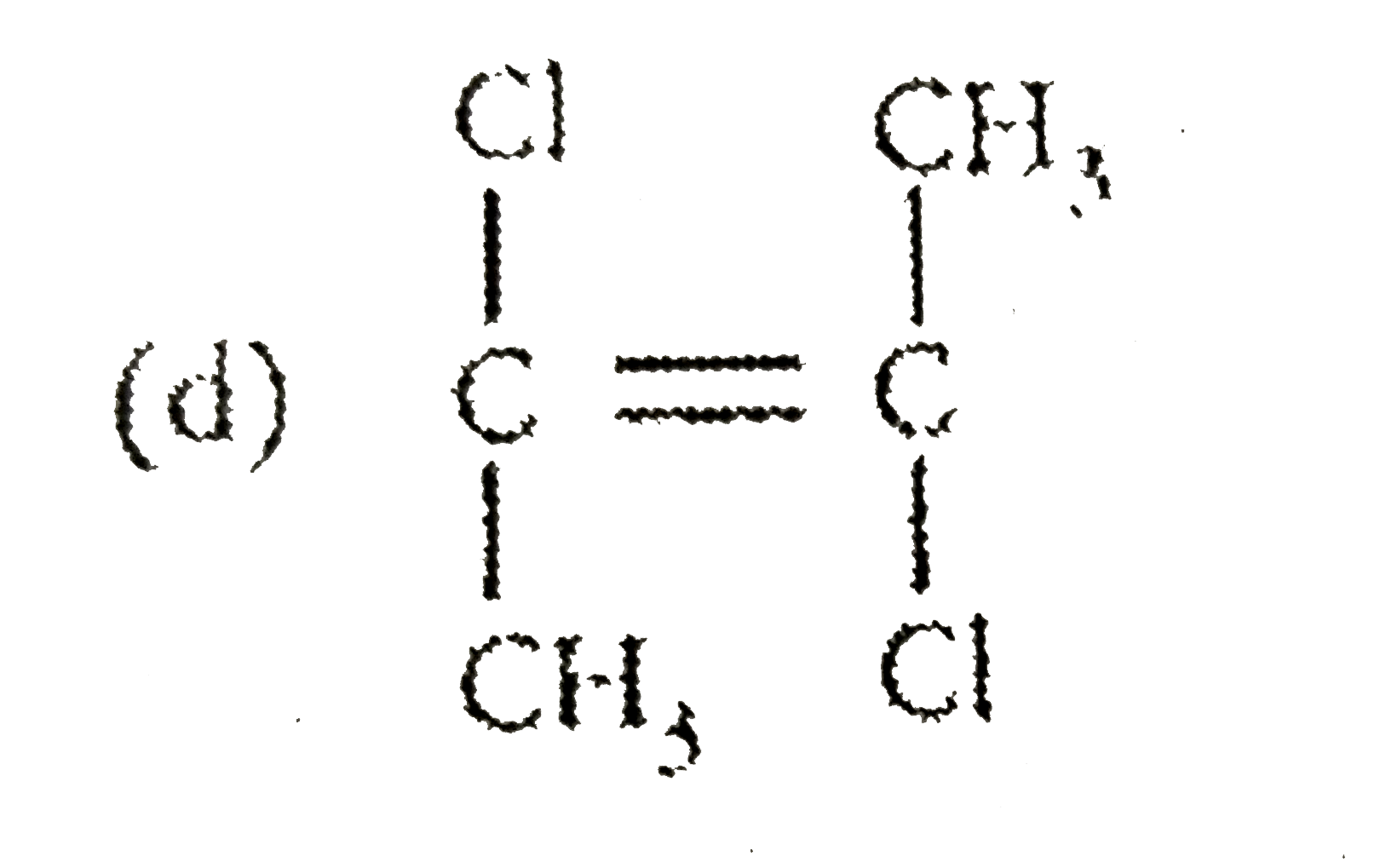Which of the following has highest dipole moment?
CH3F
CH3Cl
CH3Br
CH3l
To determine which molecule has the highest dipole moment among the given options, we can follow these steps:
Step 1: Identify the Molecules
First, we need to identify the molecules provided in the question. For this solution, we will assume the options are typical molecules like CH4, CH3Cl, CH2F2, and CH3F.
Step 2: Understand Hybridization and Geometry
All the mentioned molecules are sp³ hybridized, which means they have a tetrahedral geometry. In tetrahedral molecules, the dipole moment is influenced by the electronegativity of the atoms attached to the central atom (carbon in this case).
Step 3: Analyze Electronegativity
The dipole moment arises due to the difference in electronegativity between the atoms. The electronegativities of the relevant atoms are:
- Fluorine (F): 4.0
- Chlorine (Cl): 3.0
- Hydrogen (H): 2.1
- Carbon (C): 2.5
Step 4: Determine the Direction of Dipole Moments
For each molecule:
- CH4: Symmetrical, no net dipole moment.
- CH3Cl: Chlorine is more electronegative than carbon, creating a dipole moment directed towards chlorine.
- CH2F2: Fluorine is more electronegative than carbon, creating dipole moments towards both fluorine atoms.
- CH3F: Fluorine is the most electronegative atom, creating a strong dipole moment directed towards fluorine.
Step 5: Compare the Dipole Moments
- CH4: No dipole moment.
- CH3Cl: Moderate dipole moment due to Cl.
- CH2F2: Two dipole moments from two F atoms, resulting in a significant dipole moment.
- CH3F: Strong dipole moment directed towards F.
Step 6: Conclusion
Comparing the dipole moments, CH3F has the highest dipole moment due to the presence of the highly electronegative fluorine atom.
Final Answer
The molecule with the highest dipole moment is CH3F.
---
First, we need to identify the molecules provided in the question. For this solution, we will assume the options are typical molecules like CH4, CH3Cl, CH2F2, and CH3F.
All the mentioned molecules are sp³ hybridized, which means they have a tetrahedral geometry. In tetrahedral molecules, the dipole moment is influenced by the electronegativity of the atoms attached to the central atom (carbon in this case).
The dipole moment arises due to the difference in electronegativity between the atoms. The electronegativities of the relevant atoms are:
- Fluorine (F): 4.0
- Chlorine (Cl): 3.0
- Hydrogen (H): 2.1
- Carbon (C): 2.5
For each molecule:
- CH4: Symmetrical, no net dipole moment.
- CH3Cl: Chlorine is more electronegative than carbon, creating a dipole moment directed towards chlorine.
- CH2F2: Fluorine is more electronegative than carbon, creating dipole moments towards both fluorine atoms.
- CH3F: Fluorine is the most electronegative atom, creating a strong dipole moment directed towards fluorine.
- CH4: No dipole moment.
- CH3Cl: Moderate dipole moment due to Cl.
- CH2F2: Two dipole moments from two F atoms, resulting in a significant dipole moment.
- CH3F: Strong dipole moment directed towards F.
Comparing the dipole moments, CH3F has the highest dipole moment due to the presence of the highly electronegative fluorine atom.
The molecule with the highest dipole moment is CH3F.
Topper's Solved these Questions
Similar Questions
Knowledge Check
Which of the following has the highest dipole moment?
Ao-DichlorobenzeneBm-DichlorobenzeneCp-DichlorobenzeneDAll have equal valuesWhich of the following has the highest dipole moment ?
ACO2BF2CH2ODBeF2Which of the following has the highest dipole moment ?
A B
B C
C D
D
Which of the following has the highest dipole moment?
View SolutionWhich of the following has the highest dipole moment.
View SolutionPolarity in a molecule and hence the dipole moment depends primarily on electronegativity of the constituent atoms and shape of a molecule. Which of the following has the highest dipole moment?
View SolutionPolarity in a molecule and hence the dipole moment depends primarily on electronegativity of the constituent atoms and shape of a molecule. Which of the following has the highest dipole moment?
View SolutionWhich of the following has lowest dipole moment?
View Solution
